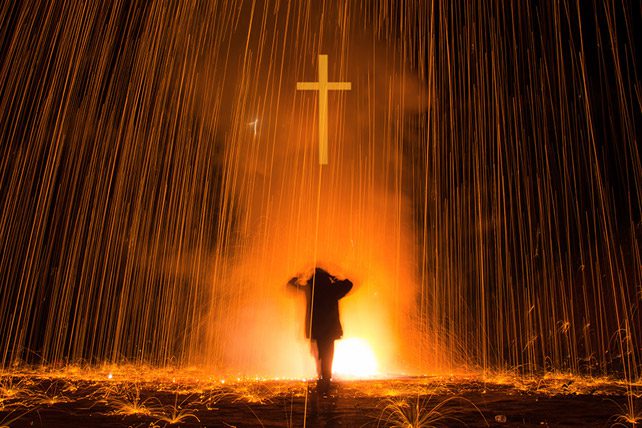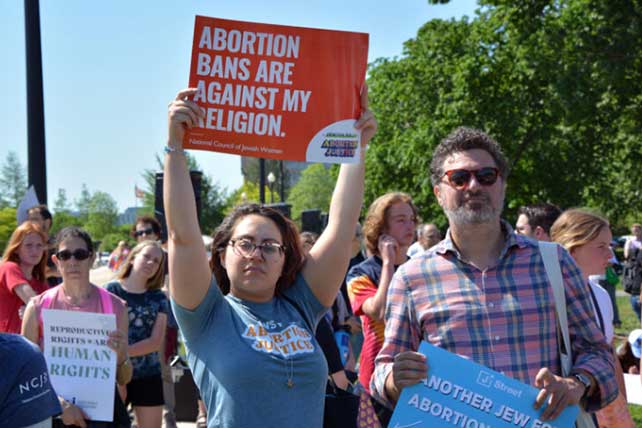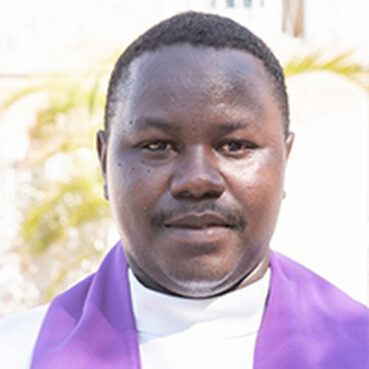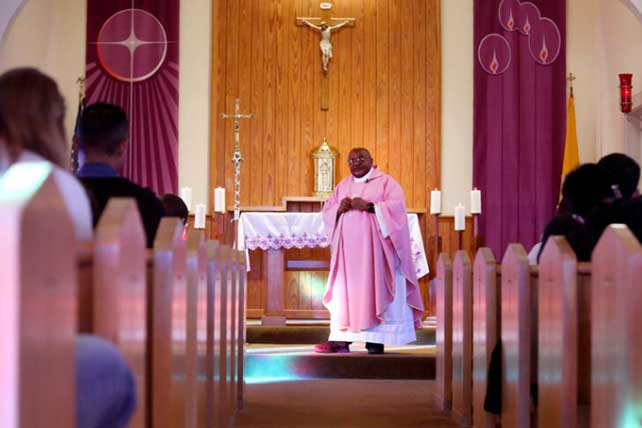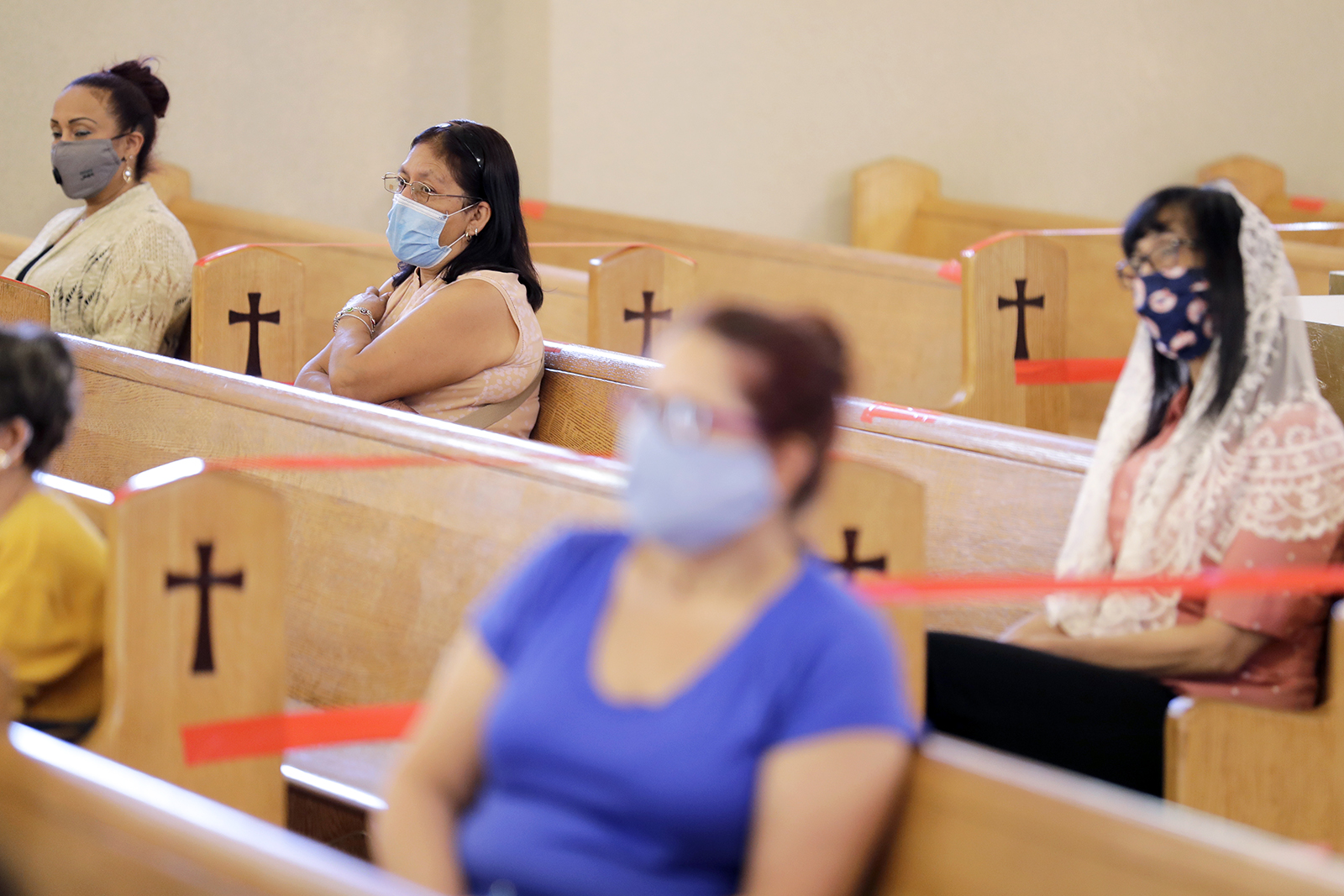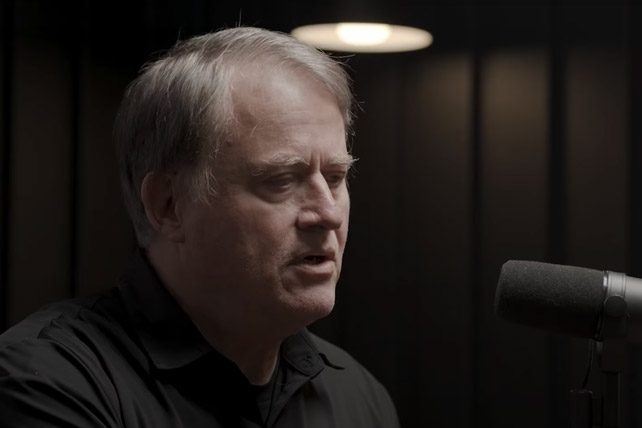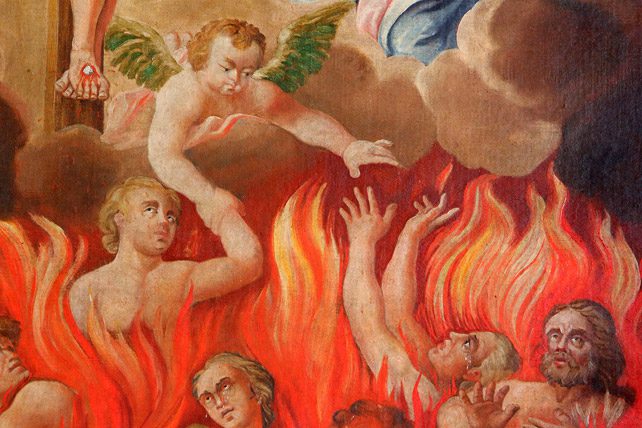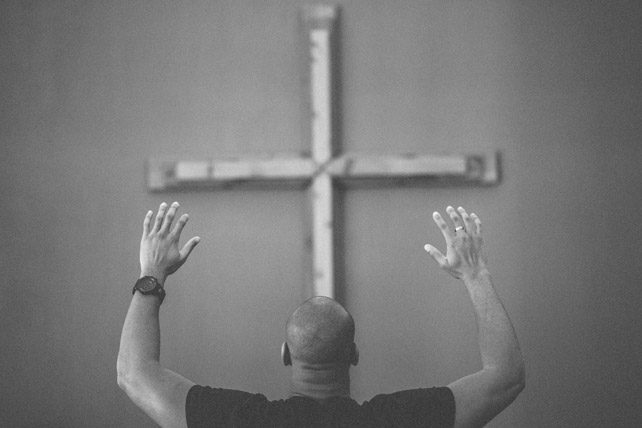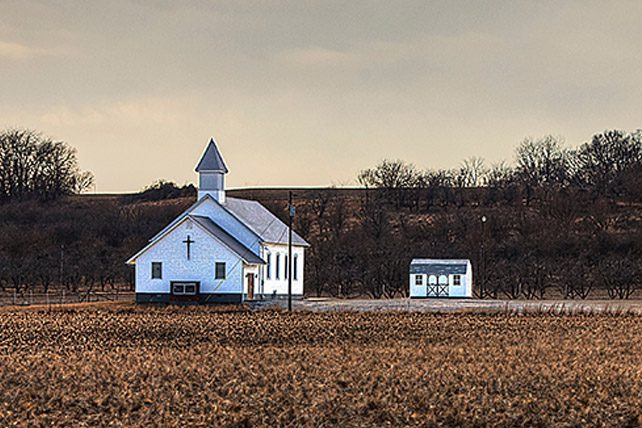“Glory to God in the highest” is a phrase that echoes through the ages, resounding with deep spiritual significance. This expression, deeply embedded in Christian liturgy and scripture, invites us to explore its origins, meaning, and impact on faith and worship. This article aims to provide a comprehensive understanding of this profound phrase, examining its biblical roots, definitions, and spiritual implications.
The Meaning of “Glory to God in the Highest”
The phrase “Glory to God in the highest” is a declaration of praise and worship, acknowledging God’s supreme majesty and sovereignty. It expresses the highest form of adoration for the Creator, recognizing His unmatched greatness, mercy, and love towards humanity.
This expression of worship is not just an acknowledgment of God’s glory but also a call to reflect His love and grace in our lives.
RELATED: R.C. Sproul: The Glory of Christmas
The Psalm of Glory
While “Glory to God in the highest” is most famously found in the Gospel of Luke, its essence pervades the Psalms, where the glory of God is a central theme. Though not explicitly stated in a single Psalm in these exact words, Psalm 19 and Psalm 29 echo similar sentiments of God’s glory manifested in creation and His mighty voice, respectively.
These Psalms, among others, encapsulate the awe-inspiring majesty of God, encouraging the faithful to proclaim His glory.
Luke 2:14 – A Verse of Peace and Praise
Luke 2:14 stands as the biblical cornerstone for “Glory to God in the highest.” This verse, part of the Nativity story, reads: “Glory to God in the highest, and on earth peace, goodwill toward men.” Announced by angels to shepherds on the night of Jesus’ birth, it signifies the arrival of the Messiah, who brings peace and reconciliation between God and humanity.
This moment of divine revelation marks a pivotal point in Christian theology, emphasizing God’s plan for salvation and His benevolent intentions towards humankind.
“Hosanna! Glory to God in the Highest”
The cry of “Hosanna! Glory to God in the highest” is often associated with Palm Sunday, commemorating Jesus’ triumphant entry into Jerusalem. While the exact phrase “Hosanna glory to God in the highest” does not directly appear in scripture, the sentiment of seeking God’s salvation and recognizing His glory is reflected in the people’s shouts of “Hosanna” (Mark 11:9-10), a plea for deliverance, acknowledging Jesus as the source of divine salvation and glory.
RELATED: The Revelation of God’s Glory
The First Proclamation
The first to sing “Glory to God in the highest” were the angels announcing Jesus’ birth to the shepherds in Luke’s Gospel. This celestial choir’s proclamation is not just a narrative detail; it signifies the heavenly acknowledgment of God’s intervention in history through the Incarnation. This angelic praise sets a precedent for human worship, inviting believers to join in this eternal chorus of glory to God.



 Drawing from the depths of
Drawing from the depths of 





